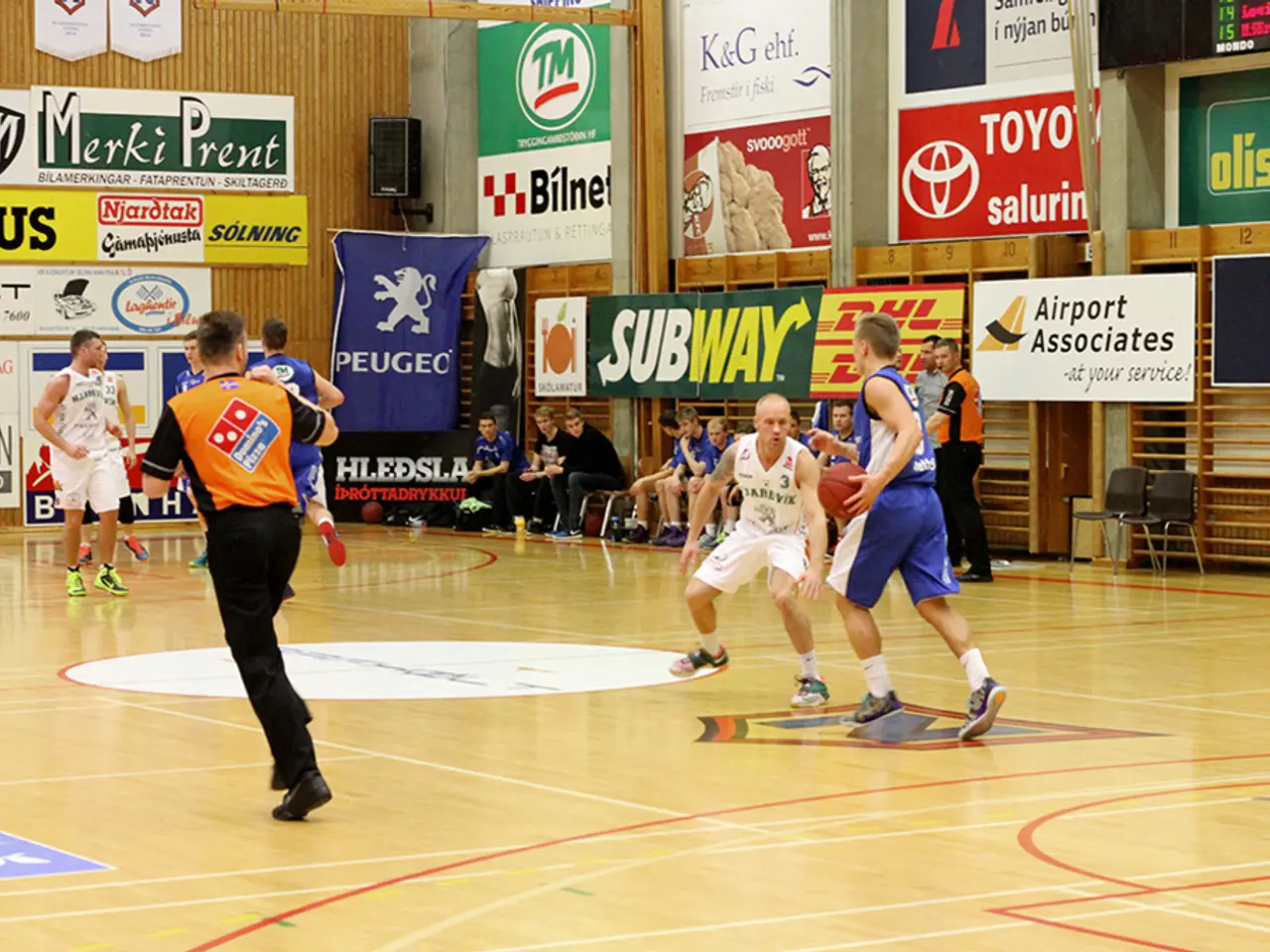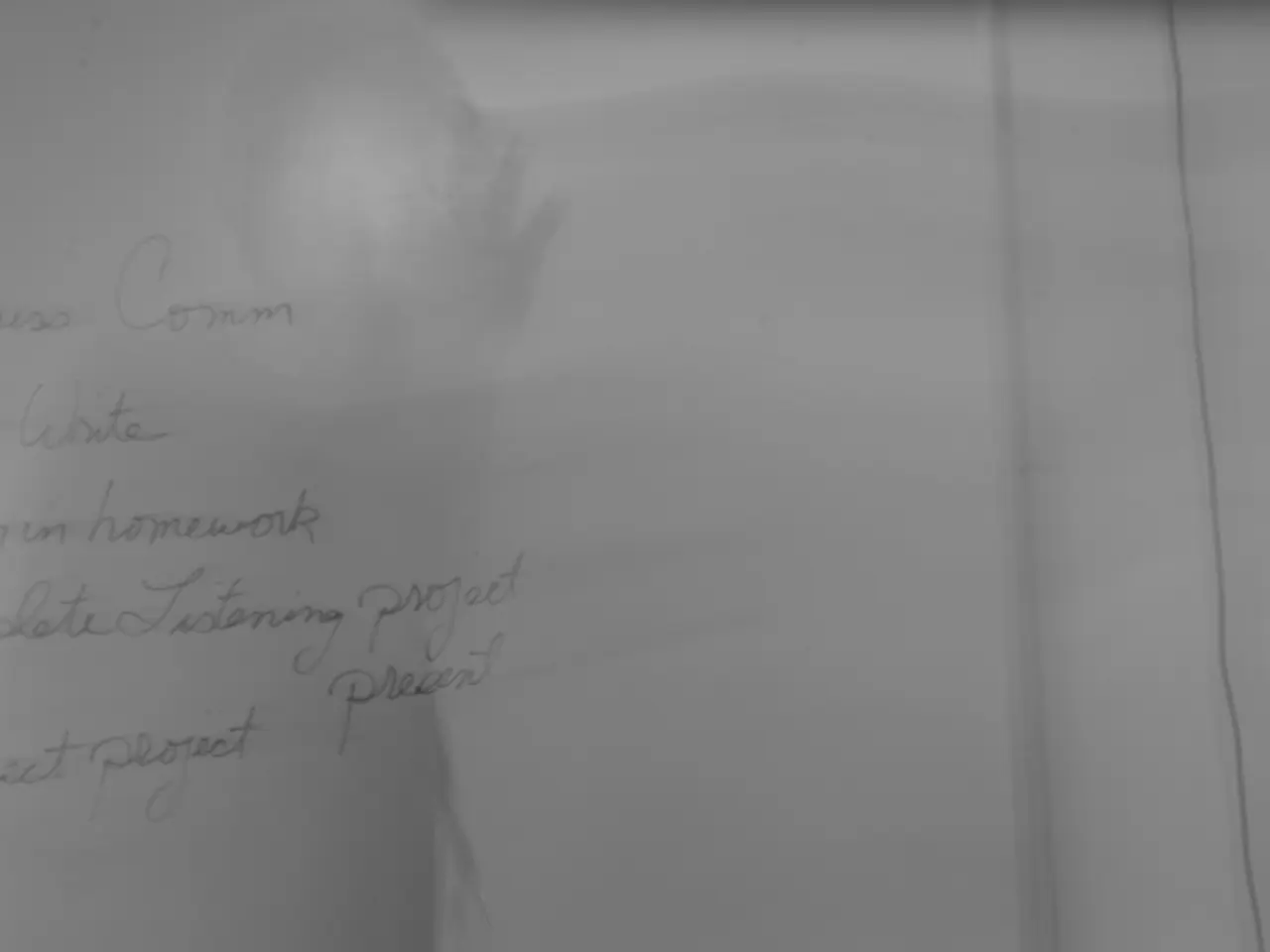Anticipated WNBA Negotiations in Indianapolis with Players Advocating for a Greater Share of Revenue
The ongoing collective bargaining negotiations between the WNBA players and the league office are shaping up to be a defining moment for the league, with a tense and unresolved atmosphere prevailing. As the WNBA All-Star Weekend kicks off in Indianapolis, the labor talks are set to take centre stage.
Star players like Breanna Stewart and Nneka Ogwumike are weighing in on the negotiations, expressing their dissatisfaction with the league's initial offer for a new Collective Bargaining Agreement (CBA). Stewart described the league's first proposal as "pretty polar opposite" of the players' union's requests, while Sabally labeled it "a slap in the face."
The crux of the negotiations revolves around several key issues. Players are pushing for a larger share of the rapidly growing league revenue, improved travel conditions through codified charter flights, revisions to the prioritization policy to enhance player freedom and earnings, and increased salaries in line with the league’s expansion and rising revenues.
The prioritization policy, which requires players with three or more years in the league to report to their WNBA teams by specific deadlines, is a major sticking point. The players' union views this rule as restrictive, while the league sees it as essential for maintaining team quality and fan engagement.
Despite the league's unprecedented popularity over the past two seasons, which has seen national broadcasts attract surging ratings, sponsorship revenue increase, and teams secure multi-million-dollar investments, the average WNBA salary remains relatively modest at $147,745. Players are seeking salary increases that better reflect their value and the league's growth.
The negotiations remain challenging, with no agreement announced as of early July 2025. The players have already rejected the league's initial offer, and a strike or work stoppage for the 2026 season is a possibility if an agreement isn't reached before the end of October. The players are making a concerted effort to finalize the new CBA before this deadline to avoid such disruptions.
As the WNBA All-Star Weekend unfolds in Indianapolis, the labor talks are set to ramp up, with Stewart anticipating a "spicy" negotiation process. The players and the league office have until the end of the 2025 season to reach a resolution, with the current CBA expiring at that time. The timeline for a resolution is tight, but the future of the WNBA hangs in the balance.
- Amidst the tense talks, sports analysts and finance experts are predicting that the WNBA's outcome could set a significant precedent in the world of business and sports, considering the league's recent financial surge and the players' determination for a fairer share.
- With Breanna Stewart's sharp critique of the initial offer as a marked contradiction to the players' demands, and A'ja Wilson's recent calls for increased salaries in line with the league's expansion and revenue growth, it seems the WNBA players are betting on a more financially rewarding future.
- As the ongoing labor negotiations between the WNBA players and the league office are poised to be a defining moment for the league, basketball enthusiasts and financial enthusiasts alike are anxiously awaiting the potential impact on the WNBA's financial landscape as well as the ongoing success and development of women's basketball in sports.




